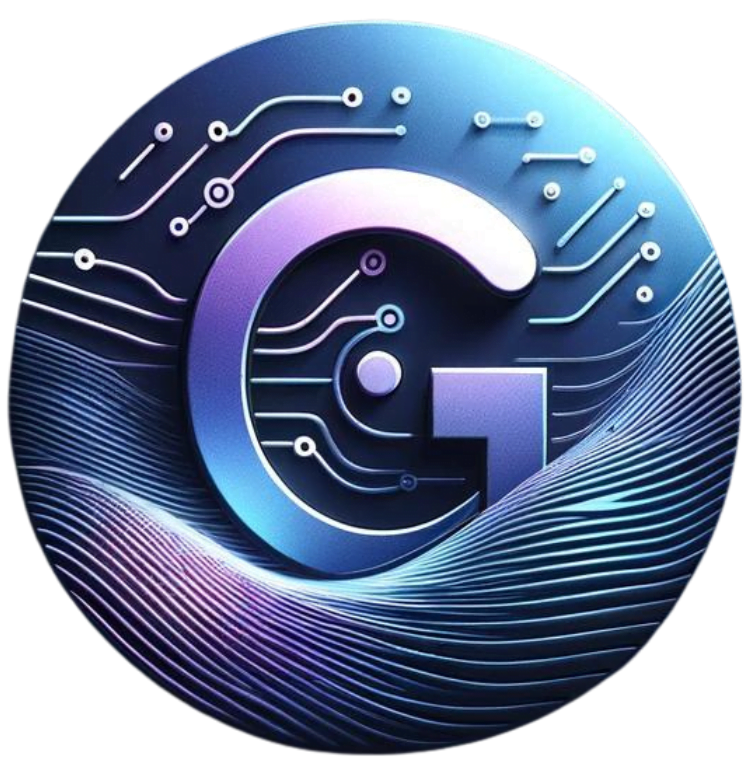Unlock AI CRM Secrets to Explode Sales Today

Artificial Intelligence (AI) has quickly moved from buzzword to business backbone. It’s quietly revolutionizing the way companies manage customer relationships and drive sales performance. When integrated into CRM systems and sales intelligence tools, AI doesn’t just improve processes—it transforms them. Whether you’re running a lean startup, AI brings speed, personalization, and accuracy. It does the same if you are managing a global sales team.
Let’s explore how AI is enhancing CRM platforms. It is boosting sales intelligence. There are real-world tools and references you can check out.

Personalized Customer Journeys with AI in CRM
Traditional CRMs store contact info, log interactions, and manage pipelines. But AI-powered CRMs go further by learning from patterns in customer behavior. This enables hyper-personalized engagement. It feels like outreach crafted by a human who truly understands your needs.
Salesforce Einstein is a great example. It uses predictive analytics to recommend the best actions a sales rep should take. It can identify upsell opportunities. It even flags at-risk deals. It doesn’t just track interactions—it interprets them.
🔗 Salesforce Einstein Overview
Smarter Lead Scoring and Prioritization
With AI, CRMs can automatically assign predictive lead scores based on past behavior, email engagement, company size, industry, and more. This helps your team focus on the leads that are most likely to convert—saving time and boosting ROI.
HubSpot’s AI-powered CRM ranks leads using historical data and real-time behavior, adjusting scores dynamically. Instead of sales reps spending hours qualifying leads, they can spend that time closing deals.
Natural Language Processing: Understanding the Voice of the Customer
One of AI’s most powerful tools is Natural Language Processing (NLP). It allows systems to interpret the intent and sentiment behind messages. This isn’t just about reading an email—it’s about understanding its tone, urgency, and potential issues.
Zoho CRM’s Zia assistant can interpret customer emails and chats to detect negative sentiment, prompting reps to take swift action. It’s like having an emotional radar embedded in your CRM.
Conversation Intelligence: Learning from Every Sales Call
Imagine your CRM being able to “listen in” on sales calls and offer insights afterward. That’s where AI conversation intelligence tools like Gong come in. Gong records, transcribes, and analyzes sales calls—pinpointing what works and what doesn’t.
Sales managers can use this data to coach reps more effectively, identify deal risks, and optimize scripts. It’s like having a playback button for your sales pipeline.
Pipeline Forecasting That Learns and Adapts
Sales forecasts used to be based on spreadsheets and best guesses. AI changes that with real-time, data-driven forecasting that evolves with your pipeline.
Clari pulls data from CRMs, emails, calendars, and call logs to offer adaptive forecasts and insights. It helps sales teams anticipate changes and react faster to shifts in deal momentum.
Automated Email Optimization
Writing high-performing sales emails is time-consuming, but AI is helping teams optimize messaging in real time. Tools like Lavender give reps live feedback on email tone, structure, length, and clarity—plus suggestions for personalization.
This results in higher open rates, better engagement, and less second-guessing.
AI-Powered Churn Prediction
Customer retention is just as critical as acquisition. With AI, CRMs can spot the warning signs that a customer is likely to churn—before it’s too late.
Gainsight, ChurnZero, and Totango analyze user behavior. They examine service interactions and support tickets. This analysis alerts your team when a client might be slipping away. These platforms allow businesses to intervene early, improving retention rates.
🔗 Gainsight Platform
🔗 ChurnZero Customer Success
🔗 Totango Customer Retention
Voice and Sentiment Analysis: Going Beyond Words
AI tools like CallMiner, Observe.AI, and Tethr are making it possible to detect emotion and intent in live customer calls. These tools analyze voice tone, stress, pauses, and keywords—offering powerful insights for both sales and support teams.
You’ll know not just what a customer said. You’ll understand how they felt when they said it. This can make all the difference in building trust and closing deals.
🔗 CallMiner Conversation Analytics
🔗 Observe.AI Overview
🔗 Tethr Voice Analytics
Data Hygiene and Contact Enrichment
Clean data fuels smart selling. AI now handles data deduplication, error correction, and real-time enrichment of contacts using verified third-party sources.
Clearbit, ZoomInfo, and Leadspace are top platforms in this space. They enrich records with firmographics, roles, and behavior data. This keeps your CRM current and actionable.
🔗 Clearbit for Enrichment
🔗 ZoomInfo
🔗 Leadspace
What to Look For in an AI-Enhanced CRM
When choosing a CRM or sales intelligence platform with AI features, consider:
- Native AI integration (not just plugins)
- Real-time data updates
- Easy-to-understand insights
- Scalability to match your team’s growth
- Security and transparency in how data is handled
Look for tools that show real-world impact through use cases, testimonials, and measurable ROI.
Final Thoughts
AI isn’t about replacing your sales team—it’s about supercharging their abilities. AI helps predict customer needs. It surfaces better leads and writes smarter emails. It enables your team to do more with less effort. It also does this with far more accuracy.
If you’re not using AI in your CRM and sales tools yet, now’s the time to take that leap. You don’t need to overhaul your entire tech stack—just choose platforms that embrace AI in smart, useful ways.
For marketing and tech tips, visit georgefeola.io

